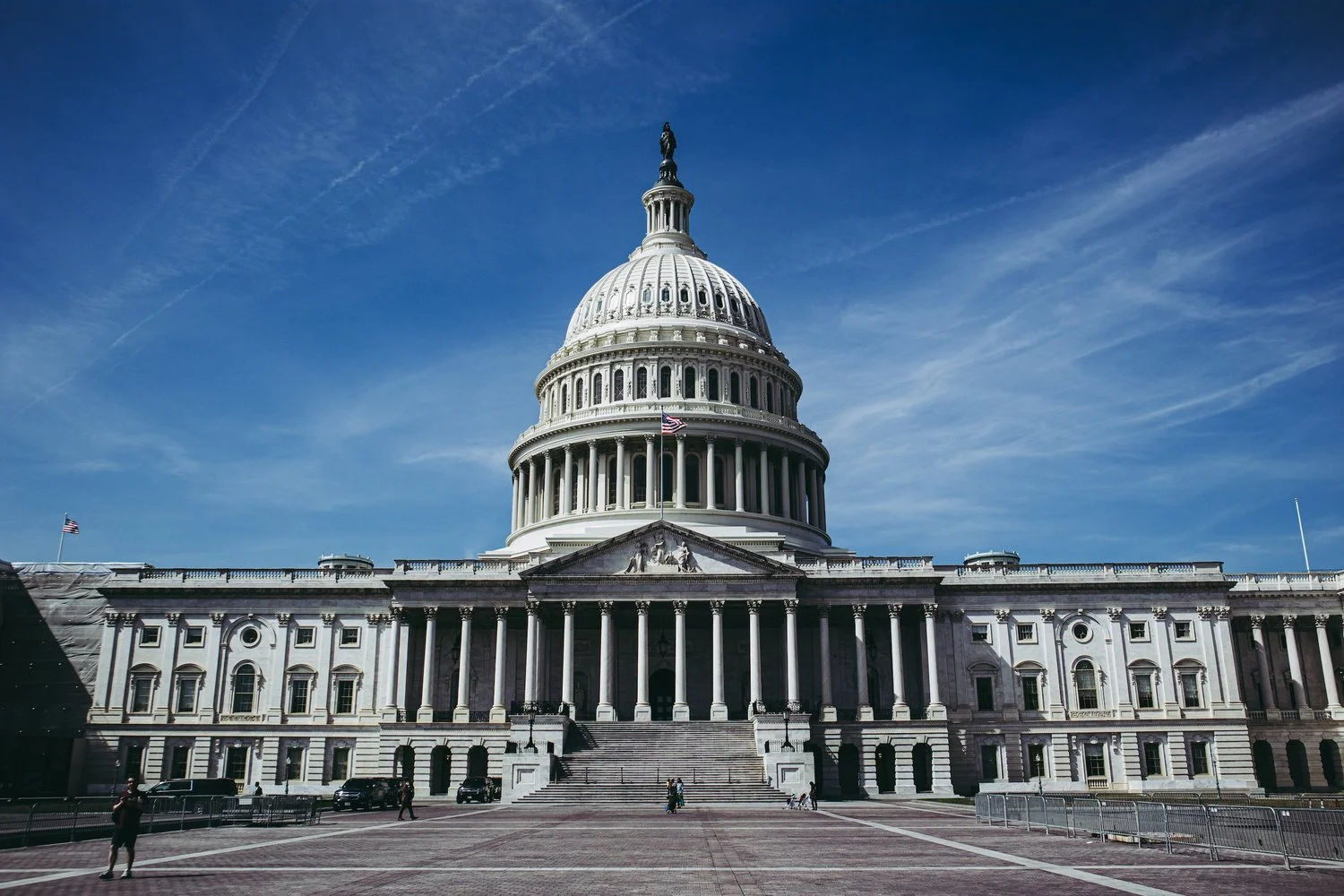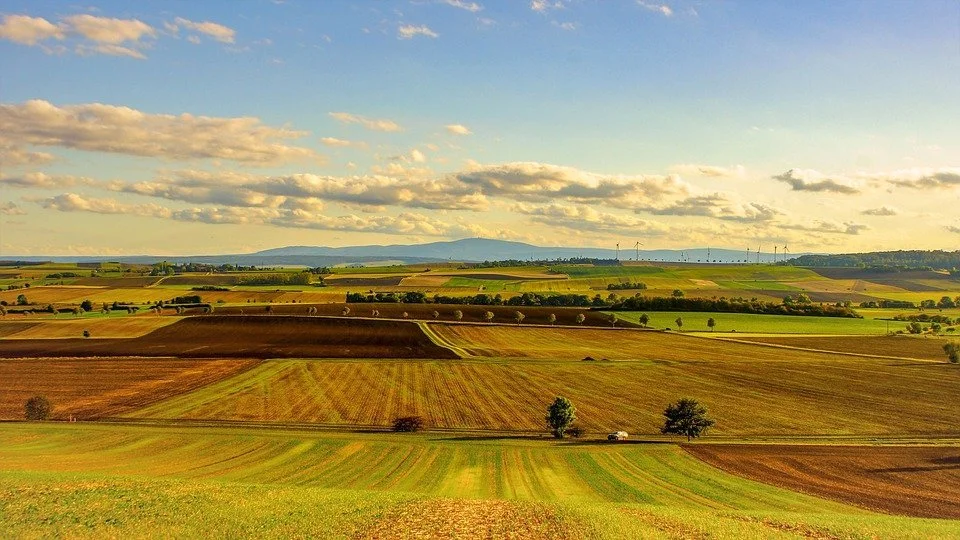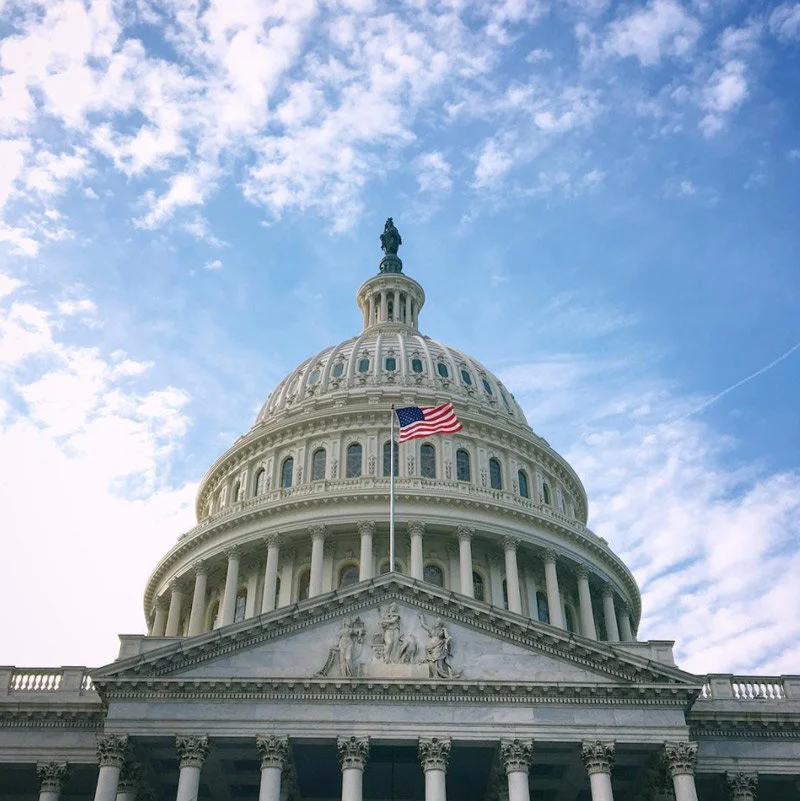Attention, soil health enthusiasts, farmers, and food and ag policy pros! Land Core, a pioneering non-profit committed to advancing soil health policies and programs in the US, is excited to unveil a transformative upgrade to their Federal Soil Health Bill Tracker. With a focus on making policy information more accessible to all, this user-friendly, dynamic web-based tool brings federal soil health policy to life.
Read MoreWith the Farm Bill fast-approaching (and the FY24 Appropriations and Senate Ag Committee Farm Bill request deadlines just behind us), members of the 118th Congress have been hard at work introducing in the last few weeks. We have added over 40 bills to our Bill Tracker that would impact soil health and resilience, and will be adding more in the coming weeks.
Read MoreLand Core submitted a request to Congress to invest in soil health and resilient agriculture through the FY 2024 appropriations process, in which Congress annually approves billions in discretionary funding for farm and food programs.
Read MoreToday, Land Core, in partnership with Kiss the Ground and 152 other farms, organizations, and businesses, advocated for the USDA-NRCS funding of the Inflation Reduction Act to back regenerative agriculture. “Advance Regenerative Agriculture through the Inflation Reduction Act, Document Number 2022-25292.”
Read MoreAs part of our work with the Regenerate America coalition (which is amplifying the voices of farmers and ranchers calling for regenerative agriculture and soil health to be a priority in the 2023 Farm Bill), Land Core has developed an FSA Loan Deferment Program that could potentially unlock hundreds of millions of dollars of investment in soil health, without costing taxpayers a cent.
Read MoreToday, Land Core, along with a diverse coalition of businesses and food and farming organizations, submitted a letter asking USDA to support farmers and ranchers in building soil health and on-farm fertility as a primary means of reducing reliance on synthetic fertilizers. The letter, sent in response to USDA's request for information on “Access to Fertilizer: Competition and Supply Chain Concerns”, also asks for national investment in composting systems to move towards a more independent and resilient American agriculture.
Read MoreAfter almost a year of work, and with the support of many of you in our community, we are proud to help launch Regenerate America™ this week - a campaign for healthy soil in the 2023 Farm Bill. It’s never been more important to rebuild our soils and ensure that the next generations have a better, more resilient future. We hope you'll join the campaign - as individuals, and with your farms, organizations and businesses. Everyone is encouraged & welcome!
Read MoreThe war in Ukraine and rising energy prices have highlighted the extent to which our current food production system is trapping farmers in a cycle of dependency. Our government needs to establish a path forward to give our farmers the tools to transition away from the current dependency system it has created, and towards an independent, regenerative, soil health-focused American agriculture.
Read MoreAlongside several food and farming organizations, Land Core submitted a request to Congress to invest in soil health and resilient agriculture through the FY 2023 appropriations process, in which Congress annually approves billions in discretionary funding for farm and food programs.
Read MoreThe soil needs you! The opportunity to get your representatives to support the farmers who are leading this charge is within reach and is needed now more than ever! Here are a few ways you can get started as a soil health policy advocate.
Read MoreWe're pleased to introduce the newest feature in our Federal Soil Health Bill Tracker! Using the Legislators tab, you can now see your representative's support for soil health at a glance, and find their contact information to share your feedback.
Read MoreLand Core is pleased to provide this input jointly with OpenTEAM in response to USDA’s request for information on the Climate-Smart Agriculture and Forestry (CSAF) Partnership Program. In order to ensure CSAF strategies are successful and maximize benefits to producers, the following comments focus on agency-level actions USDA can take to: (1) support whole ecosystem function and create diverse economic opportunities for producers, (2) provide baseline soil health indicators and standardized monitoring, reporting and verification (MRV) protocols, (3) create a voluntary outcomes-based soil health program, (4) develop an integrated strategy for data collection, re-use, privacy, aggregation and security, (5) leverage and expand existing conservation programs, technical assistance and research, and (6) reach historically underserved producers. We invite questions and the opportunity to meet with USDA to expand on these recommendations.
Read MoreThe Build Back Better Act was reintroduced yesterday as a $1.75 trillion bill, down from its original $3.5 trillion. While there were cuts to many portions of the bill, we are thrilled to share that the provisions for climate-smart agriculture were left practically untouched - delivering a historic $27.15 billion for USDA conservation programs. This is the largest investment in conservation since the dust bowl!
Read MoreThe GCSA represents a significant opportunity for business to harness the economic and environmental potential of improved land management, and recognizes the vital role USDA can have in providing meaningful infrastructure to enable US farmers, ranchers and foresters to access private sector capital and empower new market development.
By focusing, beyond carbon, on a broader ecosystem services market approach, and standardizing monitoring, reporting and verification (MRV) protocols, this Committee can ensure the GCSA does not miss the mark on this enormous opportunity to support soil health and climate-resilient agriculture.
The Senate today passed a $3.5 trillion budget resolution as part of the President's infrastructure agenda, which would give $135 billion to the agriculture committee to allocate over the next 10 years. We're calling on Congress to use these funds to double the investment in USDA conservation programs and double technical assistance funding to help producers build a soil health-centered, climate-smart agriculture.
Read MoreRisk-informed pricing is a market-based path forward to pay for the transition to resilient, climate friendly, soil health practices, and can also address some of the challenges that carbon markets, while they may hold enormous potential in the coming years, are ill-suited to address.
Read MoreIt is essential to acknowledge that on-farm resilience is at the core of how we ensure the stability and reliability of our agricultural supply chain, and that soil health, in turn, is at the center of on-farm resilience.
USDA has an opportunity to increase the resilience of our suppliers and encourage our growers and livestock producers to adopt soil health practices in order to de-risk our national food, fuel and fiber supply chains through non-legislative actions that can be initiated by setting agency priorities and enacting the following concrete recommendations.
Read MoreLand Core and 450+ businesses and organizations have urged Congress to invest $200 billion into a more resilient US agriculture through the President's infrastructure package. Thanks to all who signed on to this critical initiative, and please continue to share the letter with your networks and Members of Congress. We cannot let US ag be left out of a major infrastructure and jobs act.
Read MoreThere’s a unique opportunity at hand for organizations (and individuals) invested in soil health to support getting agriculture its fair share of the President’s proposed $2.2 trillion infrastructure package. Join a growing group of legislators, organizations & businesses in calling for Congress to prioritize climate-resilient agriculture now.
Read MoreUSDA has the opportunity to transform how we support our producers in their transition to a more climate-resilient and regenerative agriculture system in the U.S.
In particular, there is enormous opportunity to advance critical infrastructure for the scaled adoption of soil health practices––resulting in production agriculture that reduces risk and is more profitable, productive and ecologically-sound––through non-legislative actions that can be initiated by setting agency priorities and enacting the following concrete recommendations.
Read More




















